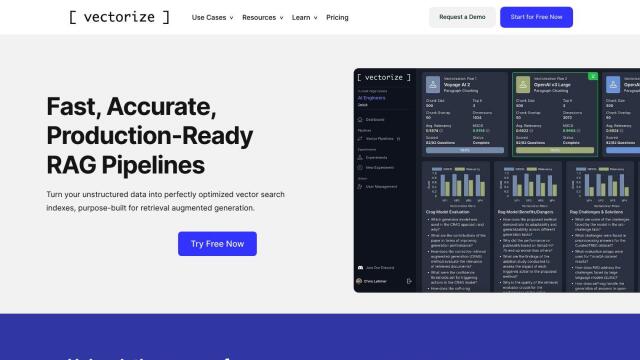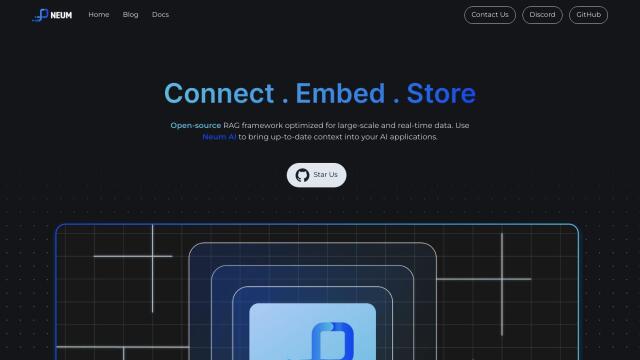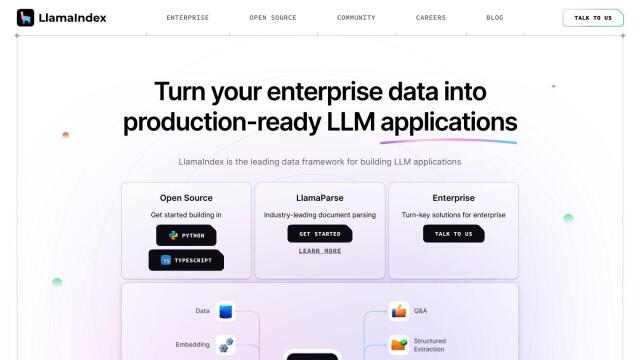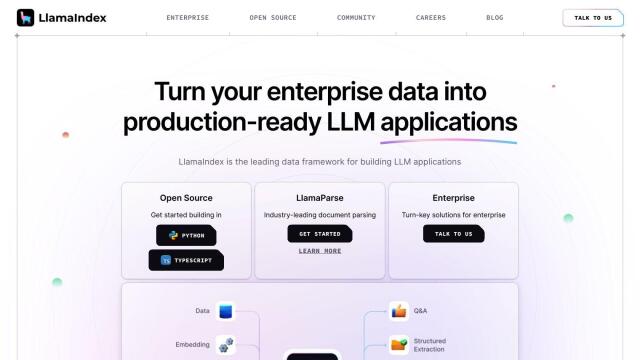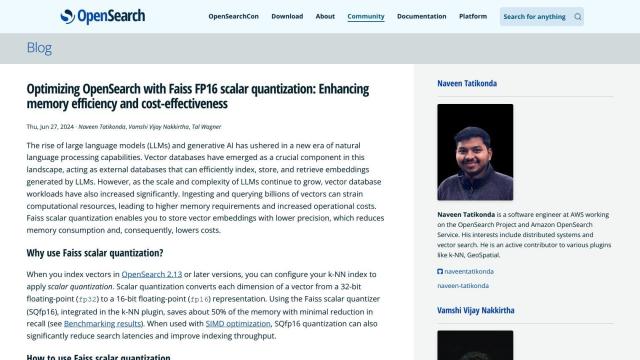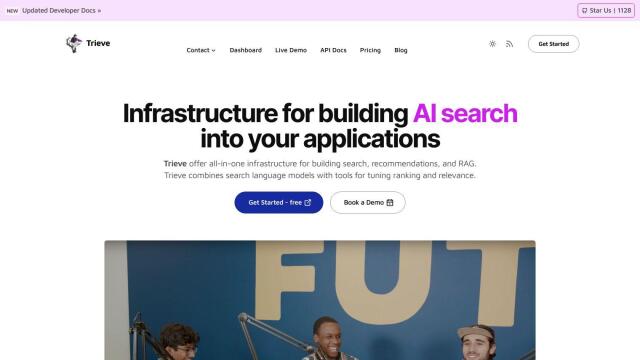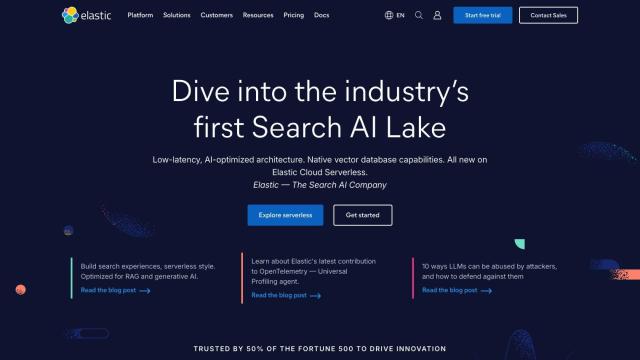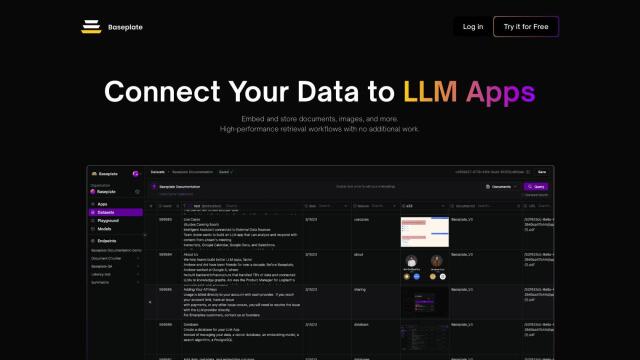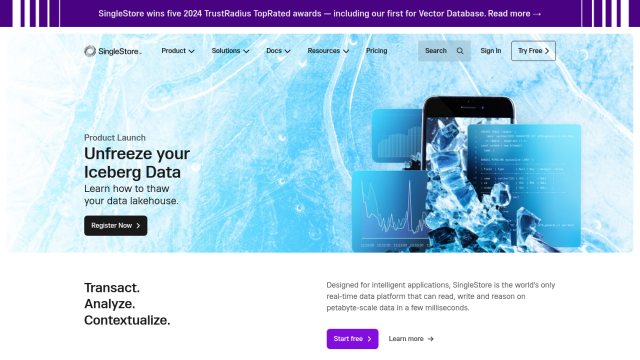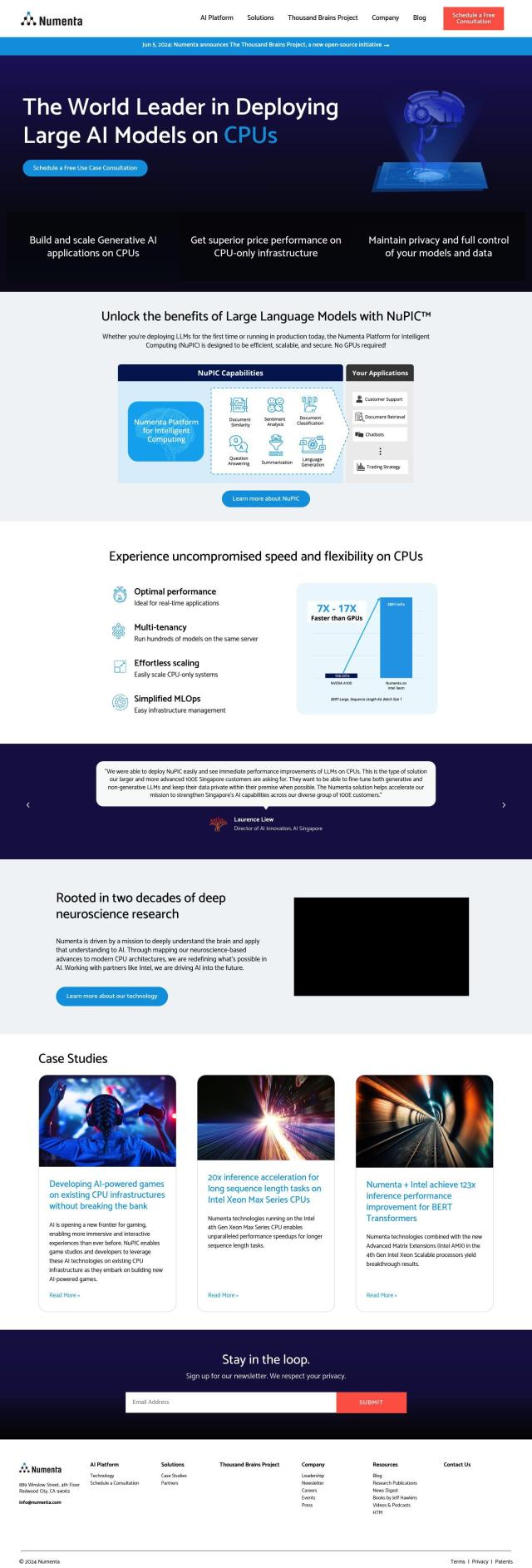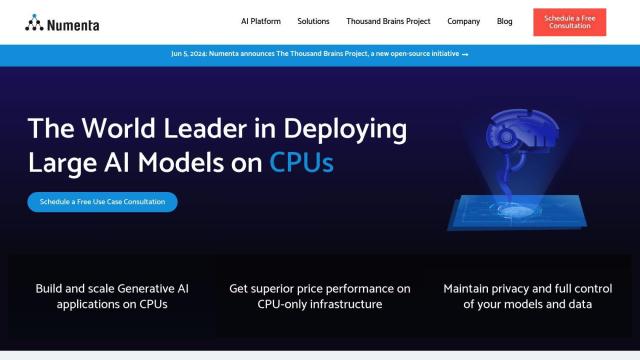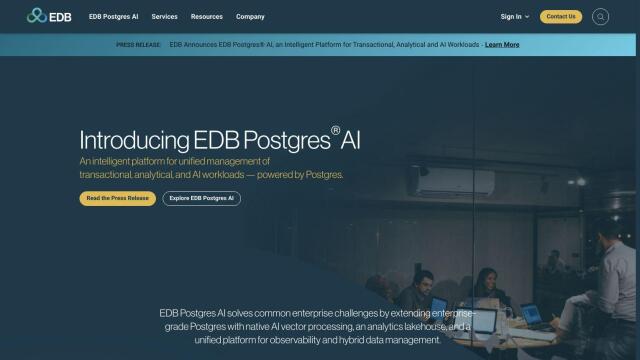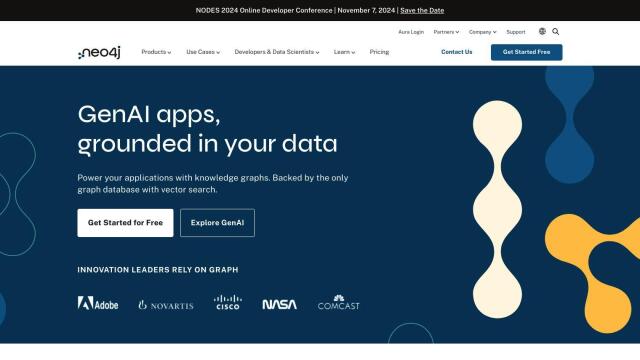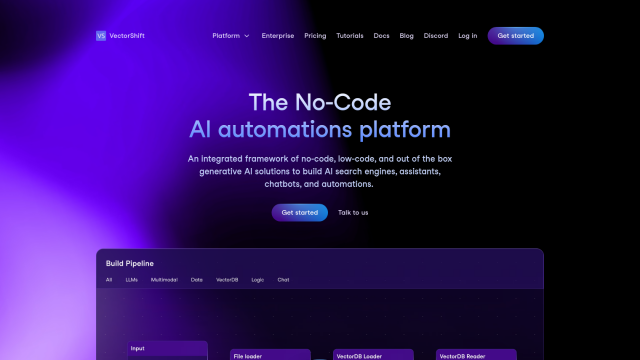Question: I need a scalable vector database that can handle high-dimensional vectors for large-scale AI applications.

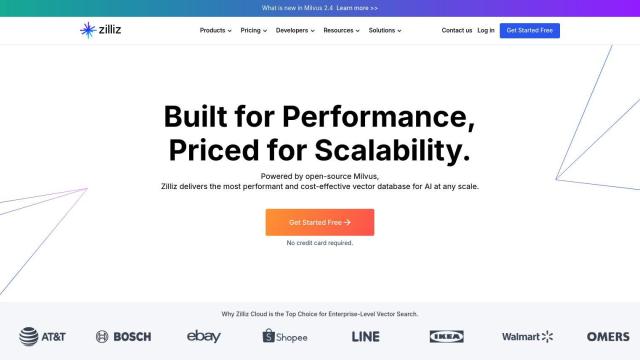
Zilliz
For a scalable vector database that can handle high-dimensional vectors for large-scale AI applications, Zilliz is a good option. It's a fully managed vector database service based on open-source Milvus, optimized for large-scale vector data and billion-scale vector search. Zilliz delivers high performance, reliability, and scalability up to 500 CUs, with 10x faster vector retrieval speed than Milvus. It supports a range of use cases, including retrieval augmented generation, recommender systems, and multimodal similarity search, with built-in embedding pipelines and multi-cloud availability on AWS, Azure, and GCP.

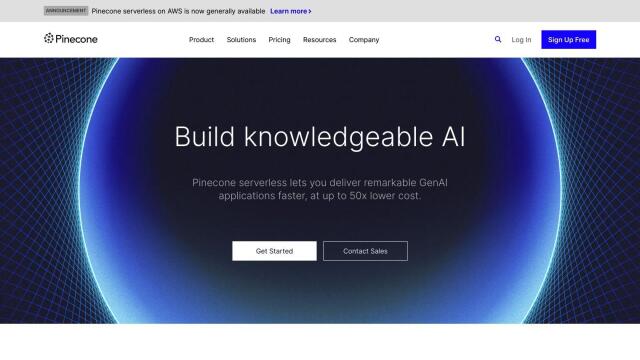
Pinecone
Another good option is Pinecone, which is designed for fast querying and retrieval of similar matches across billions of items in milliseconds. Pinecone's serverless design means you don't have to manage the database yourself, and it supports low-latency vector search, metadata filtering, real-time updates, and hybrid search. It's competitively priced with a free starter plan, so it's a good option for a lot of use cases.

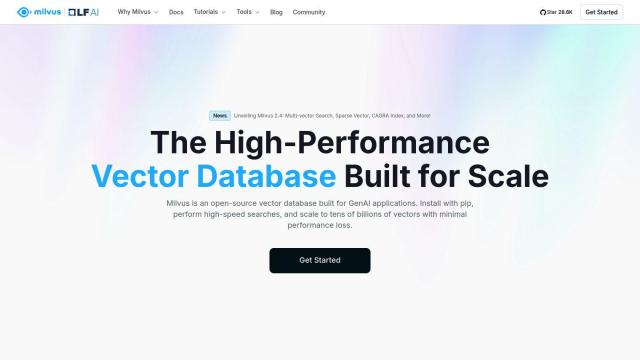
Milvus
If you prefer open-source options, Milvus is a popular choice. It's available in a range of deployment options from Milvus Lite for learning and prototyping to Milvus Distributed for enterprise-scale performance. Milvus is fast for search, metadata filtering and hybrid search, so it's good for image search, recommender systems and anomaly detection. It also supports elastic scaling for tens of billions of vectors.

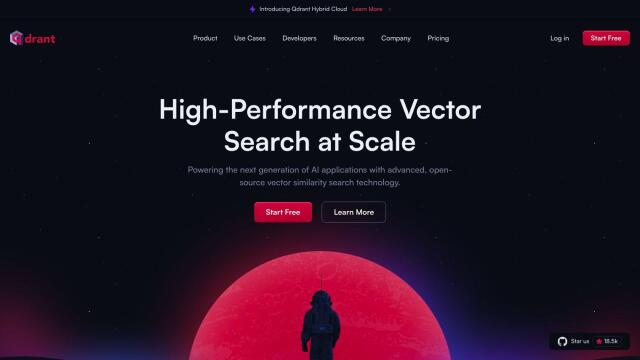
Qdrant
Last, Qdrant is an open-source vector database and search engine that's designed for high-performance processing of high-dimensional vectors. It's built with a cloud-native architecture in Rust for reliability and performance, and it's good for a range of use cases like advanced search and recommendation systems. Qdrant offers flexible deployment options and strong security, so it's good for developers looking for a cost-effective and scalable solution.





